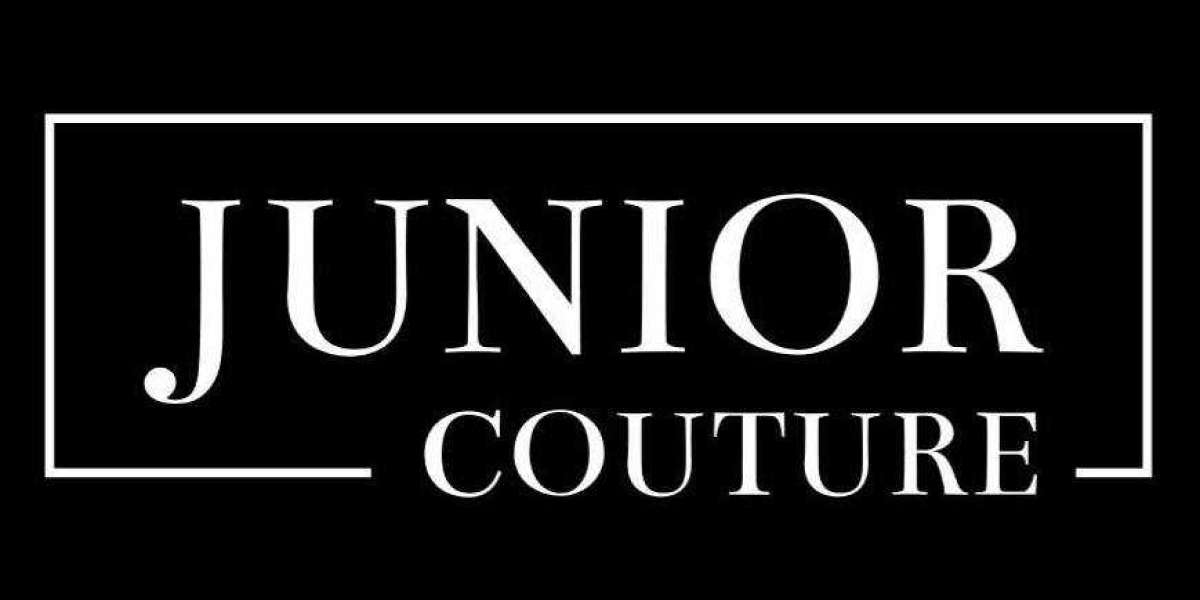A cover letter is more than just an accessory to your resume; it's an opportunity to tell your story and demonstrate why you're the ideal candidate for the job. While your resume outlines your professional history, your cover letter provides context, revealing your personality and enthusiasm. This article delves into the essential do's and don'ts of writing a cover letter, guiding you to create a compelling narrative that complements your resume and catches the employer's attention.
The Purpose of a Cover Letter
The cover letter serves a dual purpose: to introduce yourself personally engagingly and highlight the aspects of your career most relevant to the position. It's your chance to explain how your experiences align with the job requirements and to express your passion for the role. Using a CV maker can be a great start to ensure your CV and cover letter are in harmony, presenting a unified and professional image. The cover letter lets you connect the dots between your skills and the job needs, making a persuasive case for why you're the best fit. It's about painting a picture of your professional journey in a relevant and appealing way to your potential employer.
The Do's of Writing a Cover Letter
When crafting your cover letter, following these best practices can significantly enhance its impact:
- Tailor Each Letter: Generic cover letters are easy to spot. Customize your letter for each job by mentioning the specific role and how your skills and experiences make you the ideal candidate. Referencing recent company news or achievements can also demonstrate your genuine interest in joining their team.
- Highlight Relevant Skills and Experiences: Use your cover letter to detail how your background aligns with the job description. Rather than reiterating your CV, focus on one or two essential experiences or skills and describe how they are directly relevant to the role.
- Conciseness Is Key: A cover letter should be brief and concise. Aim for a few short paragraphs covering your qualifications, interest in the company, and fit for the role.
- Include a Call to Action: End your cover letter by politely expressing your eagerness to discuss your application further in an interview. This shows initiative and a proactive attitude.
- Show Enthusiasm and Knowledge of the Company: Conveying your excitement about the role and your admiration for the company can set you apart. Show that you've done your homework by commenting on the company's culture, mission, or recent initiatives that resonate with you.
- Start Strong: Your opening sentence should grab the reader's attention. Begin with a compelling statement about why you're excited about the opportunity and believe you're the right fit.
- Use Specific Examples: Rather than making broad statements about your abilities, use specific examples from your past experiences demonstrating your skills and achievements. This can make your claims more credible and memorable.
- Use a Professional Tone: While letting your personality shine through is important, maintain a professional tone throughout the letter. This demonstrates your respect for the recipient and the seriousness of your application.
The Don'ts of Writing a Cover Letter
Equally important are the pitfalls to avoid in your cover letter:
- Avoid One-Size-Fits-All Letters: Personalization is crucial. A cover letter that could be sent to any company suggests a lack of genuine interest and effort.
- Don’t Repeat Your CV Verbatim: The cover letter should complement your CV, not duplicate it. Use it as a space to tell the story behind your achievements and how they're pertinent to the job.
- Steer Clear of Negative Language: Don’t use your cover letter to explain employment gaps or to speak negatively about past employers. Keep the tone positive and focused on your strengths.
- Avoid Overlying Personal Information: While it's essential to convey personality, avoid sharing personal details irrelevant to your professional qualifications or the job.
- Remember to Proofread: Typos and grammatical errors can undermine an otherwise strong application. Carefully review your cover letter, or better yet, have someone else check it for mistakes.
- Don't Overuse “I”: While it's your cover letter, starting every sentence with "I" can come off as self-centered. Vary your sentence structure to focus on the company and position as much as on yourself.
- Avoid Being Too Formal or Too Casual: Striking the right balance in your tone is crucial. Overly formal language can seem stiff and outdated, while too casual a tone may not convey the appropriate level of professionalism.
- Avoid Mentioning Salary or Benefits: The cover letter is not the place to discuss salary expectations or benefits. Focus on what you can offer the company, not what you expect from them.
Conclusion
Crafting a cover letter that resonates with a potential employer is more than just a formality; it's an opportunity to make a memorable impression that sets you apart from the competition. A well-written cover letter showcases your qualifications and enthusiasm for the role and fits within the company culture. It's your chance to tell a story that your resume alone cannot convey, providing context to your career journey and highlighting your unique value proposition.



